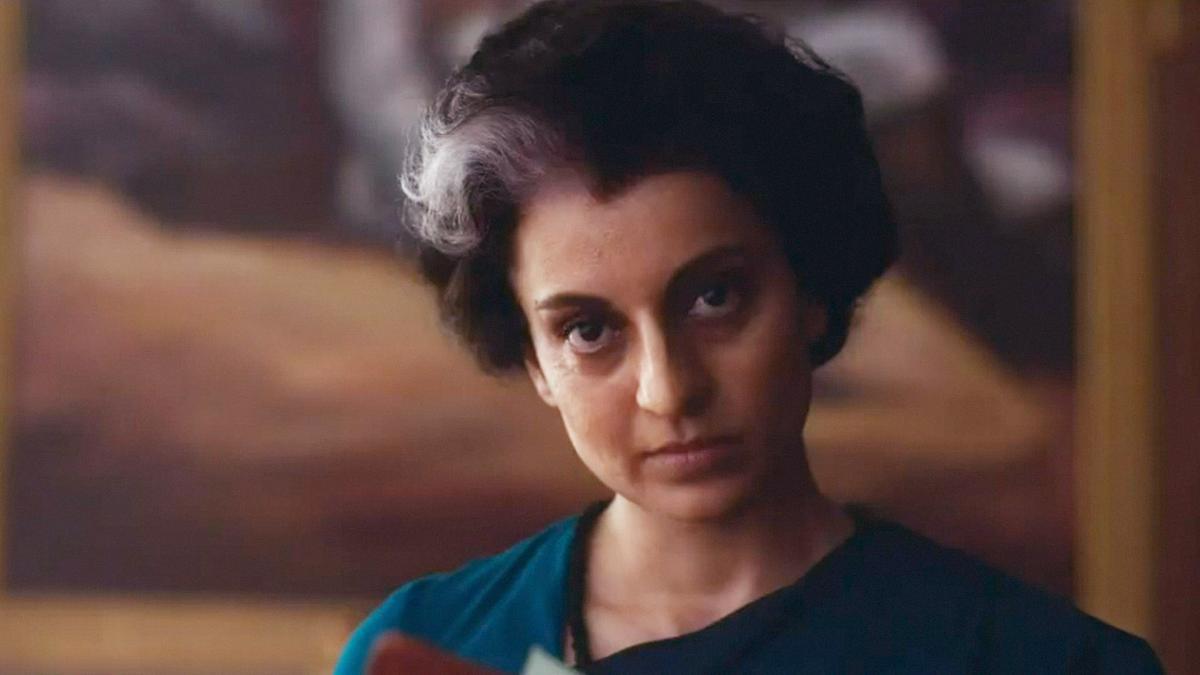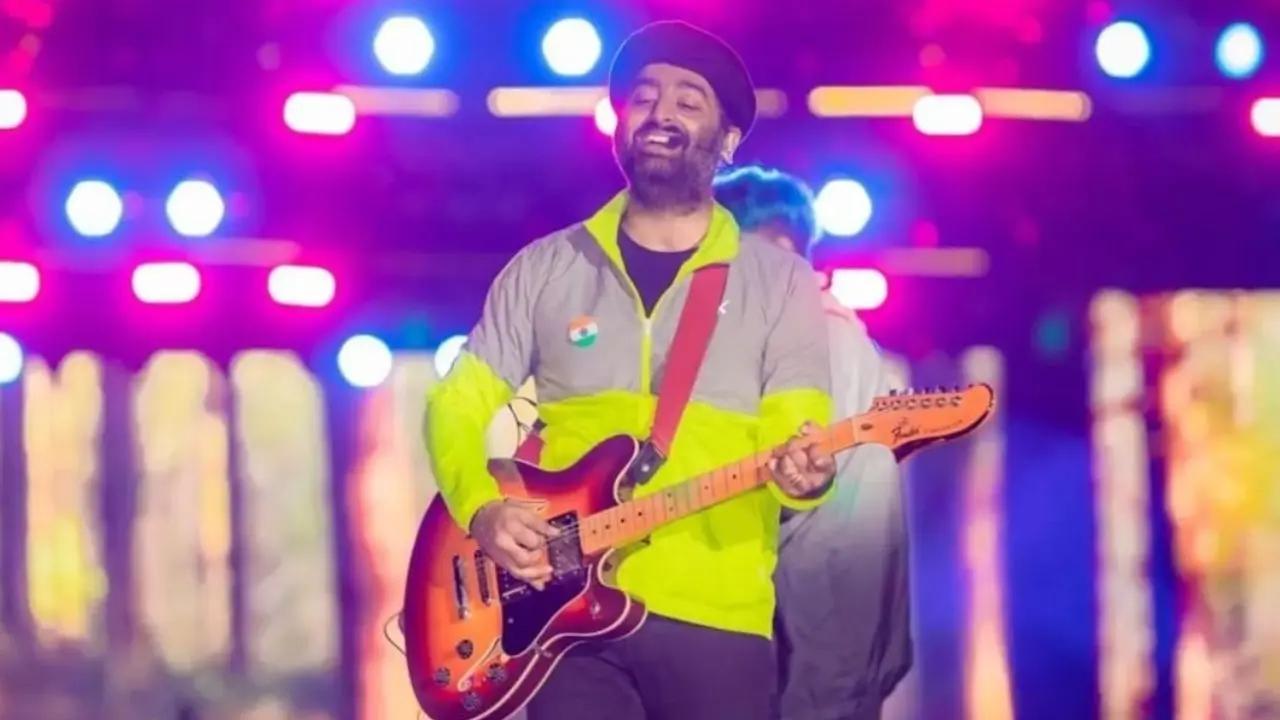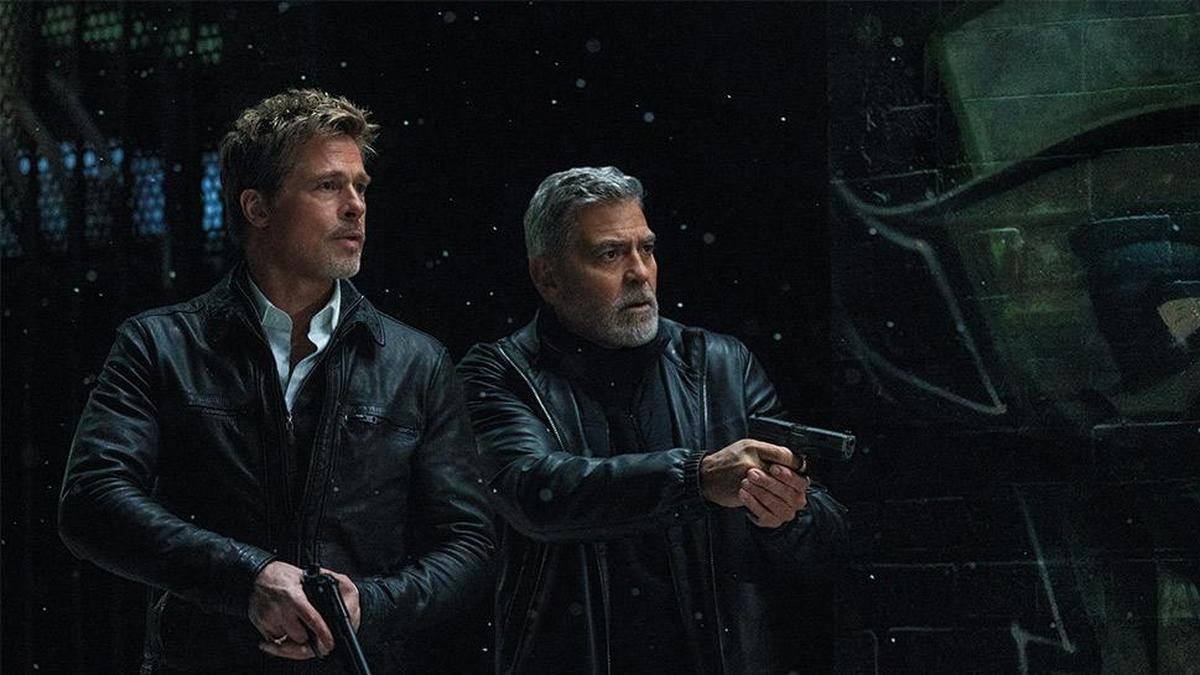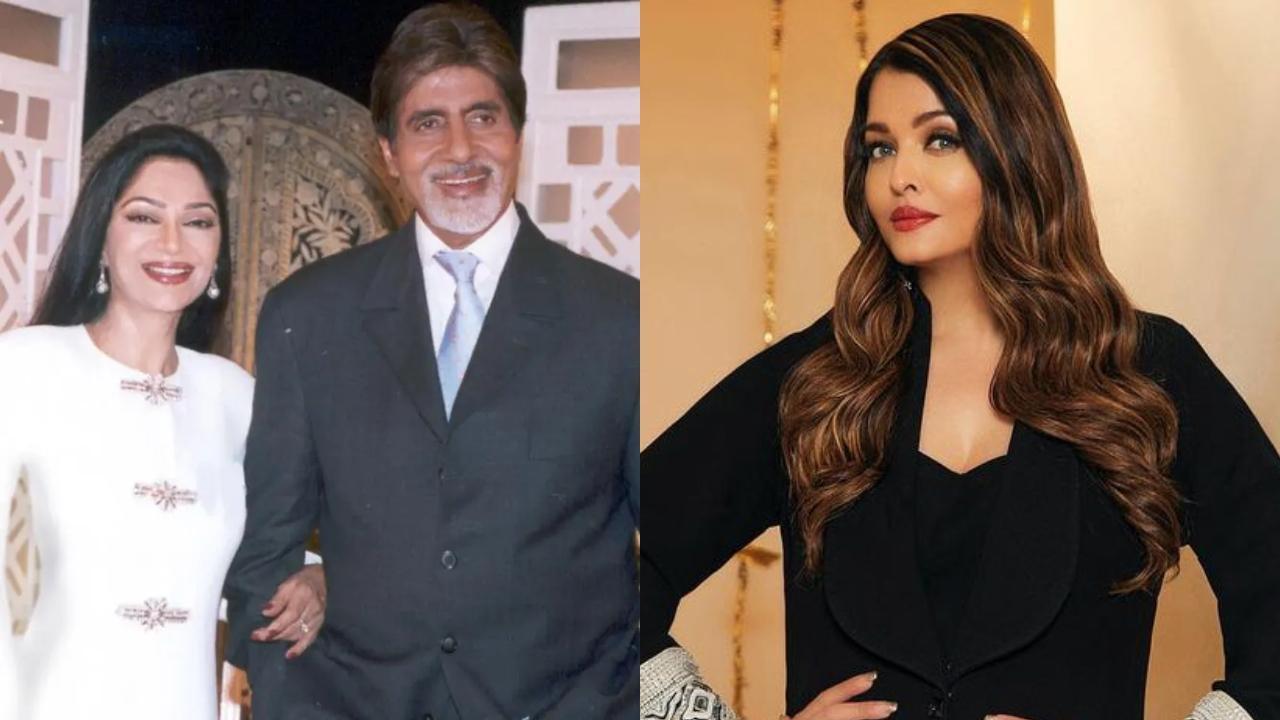
The Central Board of Film Certification (CBFC) made headlines on Thursday when it told the Bombay High Court that actress-turned-politician Kangana Ranaut’s film “Emergency” will only receive its certification after the suggested cuts are incorporated. The statement came during a hearing presided over by a Division Bench comprising Justices B.P Colabawalla and Firdosh Pooniwalla.
In a plea for resolution, Justice Colabawalla asked the CBFC’s representative, advocate Abhinav Chandrachud, “Please give us some good news.” Addressing the court, Chandrachud responded, “CBFC’s revising committee has suggested certain cuts in the film. If the same are made, the film can be released.” The ongoing discussions about the film’s content and the necessary cuts have put the movie into a legal gridlock, prolonging its release.
Representing Zee Entertainment Enterprises, senior counsel Sharan Jagtiani requested the Bench to adjourn the current hearing to allow time to determine whether the proposed cuts could be implemented based on the suggestions from CBFC’s revising committee. Consequently, the Bench has scheduled the next hearing for September 30, 2024, Monday.
Kangana Ranaut, a multifaceted personality who directed, co-produced, and stars in “Emergency,” is passionately seeking the release of the film’s censor certificate. Describing the procedural delay in previous court arguments, the makers of the film revealed that despite receiving verbal confirmation of the film’s certification on August 29, 2024, the CBFC has not yet issued a physical copy of the certificate. The movie was poised for a theatrical release on September 6, 2024, but the absence of certification has stalled this plan.
The film’s producers brought their grievances before the High Court. During the last hearing on September 19, Ms. Ranaut’s legal team informed the Bench that she faces significant hurdles from within her political landscape, particularly from the Bharatiya Janata Party (BJP), which she joined in June 2024 as a Lok Sabha Member of Parliament representing Mandi. The delay in certification, they contend, is politically motivated, suggesting that the BJP desires the film’s release to occur only after the state elections in Haryana conclude in October.
The court didn’t mince words when expressing its dissatisfaction with the CBFC’s handling of the certification process.
. The Bench voiced significant displeasure over the agency’s sluggish procedure, highlighting the bureaucratic challenges that seem intertwined with political undertones.
The movie “Emergency” has garnered considerable attention not only because of its high-profile lead and production team but also due to its subject matter. Known for stirring controversy and engaging in political discourse, Ms. Ranaut’s involvement adds layers of scrutiny and expectation. Her move into politics has amplified her already vocal persona, intertwining her film career with her political endeavors.
The controversy surrounding “Emergency” raises broader questions about censorship and artistic expression in Indian cinema. Filmmakers routinely face constraints from regulatory bodies, with films often becoming battlegrounds where creative freedom collides with regulatory frameworks. This case is emblematic of these ongoing challenges, where the line between necessary censorship for cultural sensitivity and creative suppression becomes increasingly blurred.
For Kangana Ranaut, the stakes are high, both professionally and politically. The film’s delay not only impedes her as a filmmaker but also has potential repercussions for her nascent political career. Her supporters argue that this bottleneck is a deliberate strategy aimed at undermining her credibility and influence.
As the Indian cinematic landscape evolves, cases like “Emergency” will likely prompt discussions about the role and power of censorship boards. Are these bodies protecting public morality and cultural sentiments, or are they instruments of political influence and control?
As of now, all eyes remain on the upcoming hearing scheduled for September 30, 2024. Whether or not the film will make it to the screens in its intended form or with the mandated cuts will be a significant indicator of the ongoing tensions between artistic expression and regulatory oversight in India.
The court’s final decision could set a precedent, influencing how future films navigate the intricate balance between creative vision and regulatory demands. The resolution of this case is awaited not just by Kangana Ranaut and her team, but by the entire Indian film fraternity, who are keenly observing how these developments will shape the future of film certification in India.
Published – September 26, 2024 12:47 pm IST
Indian cinema / Hindi cinema










